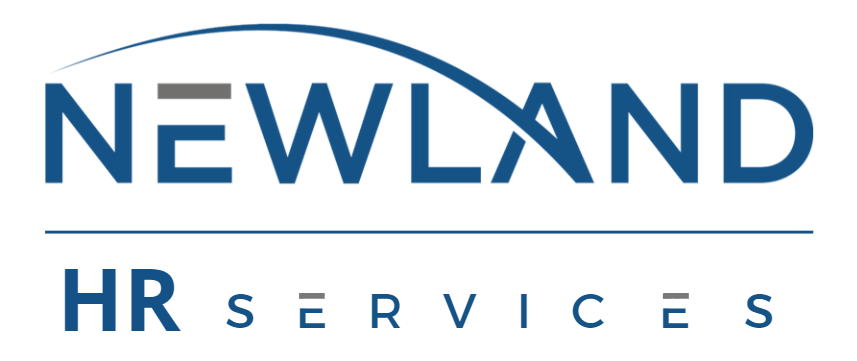Puerto Rico has enacted legislation (House Bill 1244) that makes significant revisions to rules governing probationary periods, vacation and sick leave, meal periods, annual Christmas bonuses, and other requirements under the island’s labor laws.
Effective Dates:
Unless an employer is a medium-sized business or smaller, the employer must comply with House Bill 1244 by July 20, 2022.
Micro, small, and medium-sized businesses must comply by September 18, 2022. The definitions of these terms for the law follow:
- A medium-sized business generates a gross income of less than $10 million annually and has 50 employees or fewer.
- A small-sized business generates a gross income of less than $3 million each year and has 25 or fewer employees.
- A micro-sized business generates a gross income of less than $500,000 each year and has seven or fewer employees.
The Details:
Here is a summary of several of the changes:
Probationary Periods
Under the law, the automatic probationary period (for exempt and non-exempt employees) is now 90 days. However, employers can extend it another 90 days upon written notice to the Puerto Rico Secretary of Labor, explaining why the nature of the job requires an extended probation period.
Vacation and Sick Leave
Employers with 13 or More Employees:
Employees will be eligible to accrue paid vacation and sick leave if they work at least 115 hours in a month, a decrease from 130 hours in a month under existing law. Vacation leave will accrue at 1.25 days per month for employees who work at least 115 hours a month. The accrual rate for sick leave (one day per month) will stay the same for employees who work at least 115 hours a month.
If an employee works at least 20 hours per week but fewer than 115 hours in a month, they will accrue a half day of paid vacation leave and a half day of paid sick leave per month.
Employers with 12 or Fewer Employees:
Employees of this category will also be eligible to accrue paid vacation and sick leave if they work at least 115 hours a month. For these employees, vacation leave will accrue at a half day per month, and sick leave will accrue at a rate of one day per month.
If employees work at least 20 hours per week but fewer than 115 hours a month, they will accrue one-quarter day of vacation leave and a half day of sick leave per month.
Vacation Payout
An employer can allow partial or total payout of accrued vacation upon an employee’s written request.
Annual (Christmas) Bonus
Most employees must now work only 700 hours to be eligible for the Christmas bonus, regardless of when they were hired.
However, if an employee works for a medium-sized employer or more minor, they must work at least 900 hours to be eligible for the bonus.
Unjust Dismissal Law
House Bill 1244 makes several changes to the island’s unjust dismissal law, including:
- Revising the calculation of the remedy for an unjust dismissal.
- Providing new examples of just cause for termination.
- Revising the definition of constructive discharge.
- Reestablishing the presumption that all employment terminations are unjust.
Meal Periods
Once the law takes effect, meal periods may occur no earlier than the third hour of work unless there is a written agreement for it to occur earlier. Employers are now prohibited from omitting a meal period if the total work hours are up to 6 hours in a working day. A second meal period will be required if work hours exceed 10 hours, with the exception of the conditions below:
- Total work hours are no more than 12 hours;
- There is a written agreement between the employer and employee to waive the second meal period; and
- The employee has taken the first meal period.
Day of Rest
A new premium rate will apply to non-exempt “student” employees who work on the day of rest required after six consecutive workdays. Read more here.
Next Steps:
If you have employees in Puerto Rico:
- Review policies and practices and prepare to comply with the law by the applicable effective date updating your EMPLOYEE MANUAL.
- Train supervisors on the new requirements.
- Watch for developments closely in case the law is blocked or delayed, or the PR DOL publishes guidance or official interpretation.
With over 30 years of experience, our senior consultants are here to assist you in the update and revision of EMPLOYEE MANUEL and related policies.








